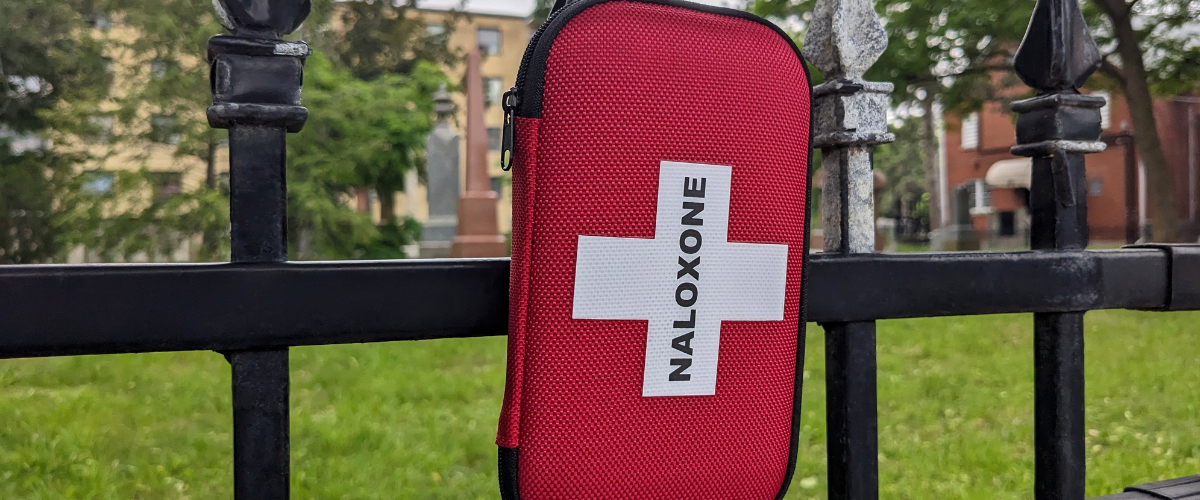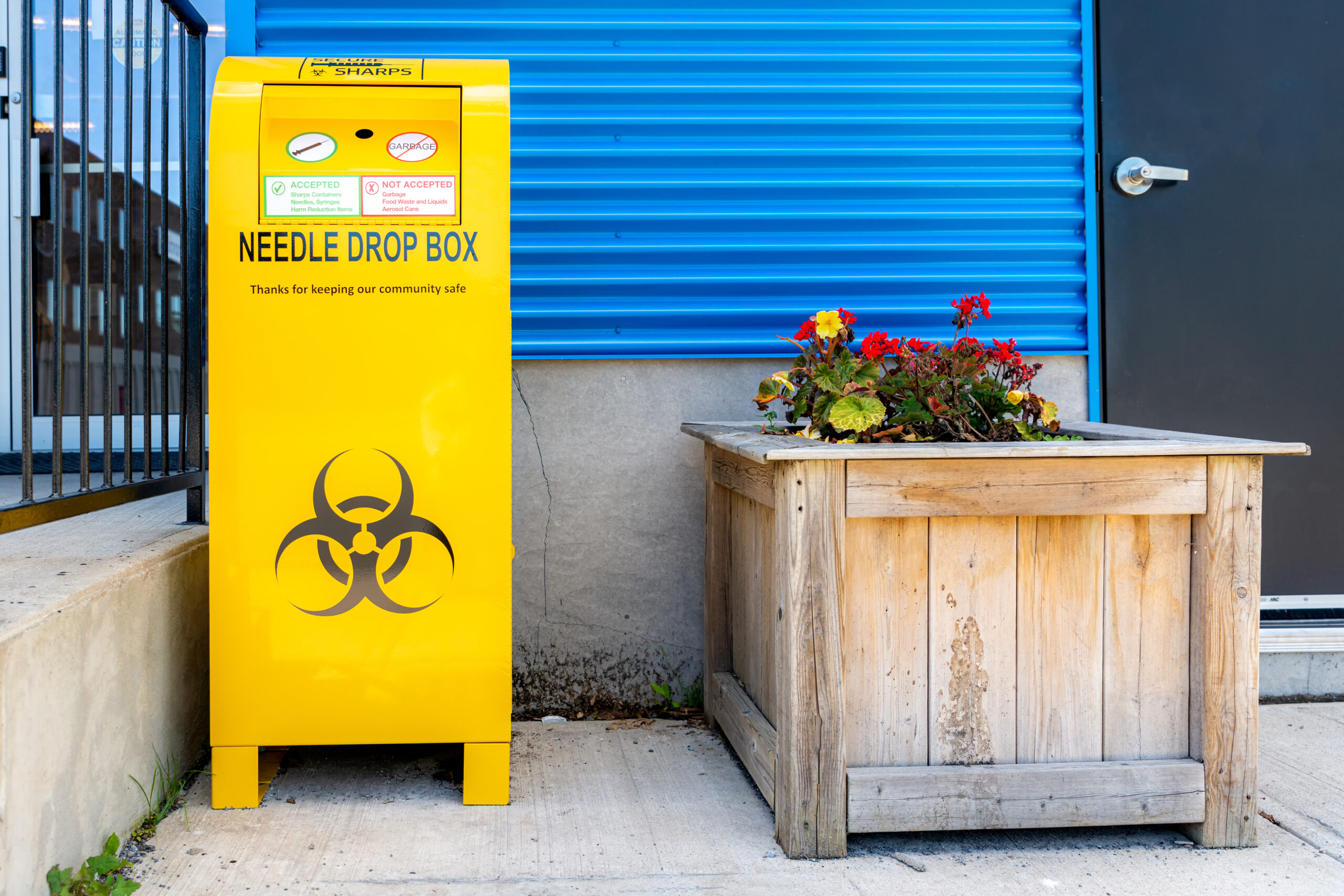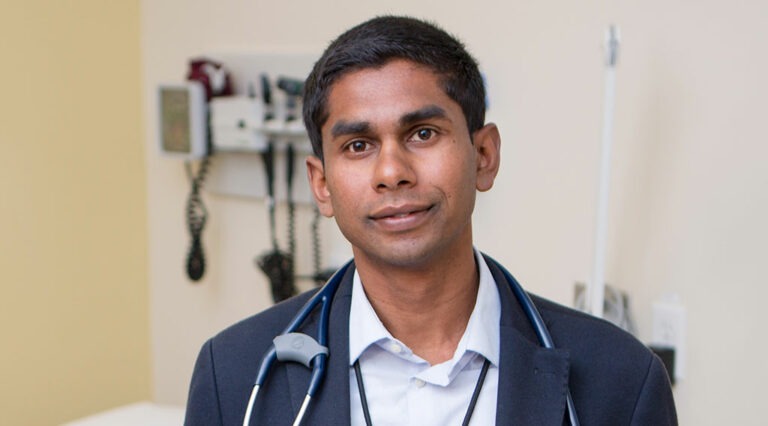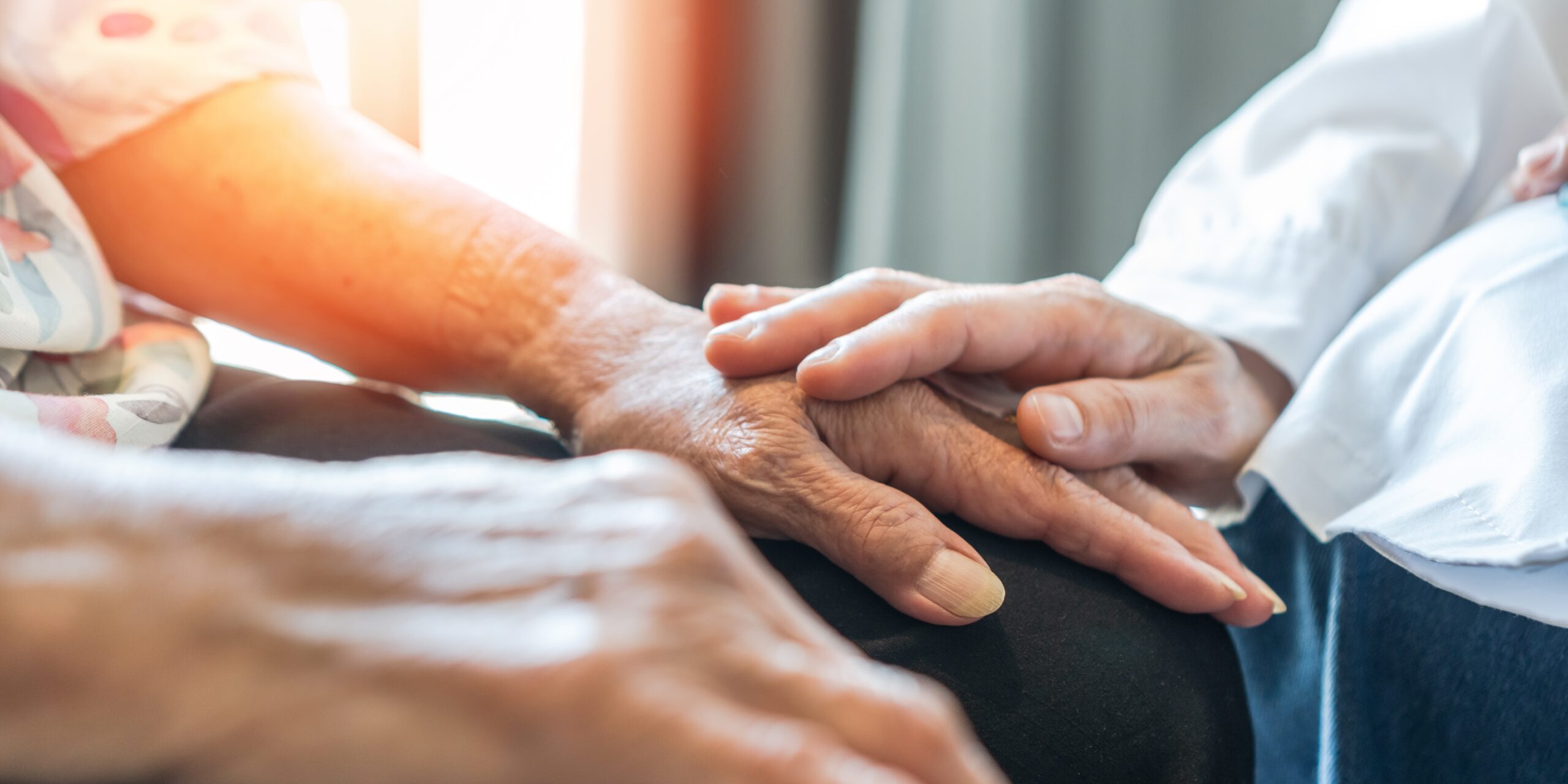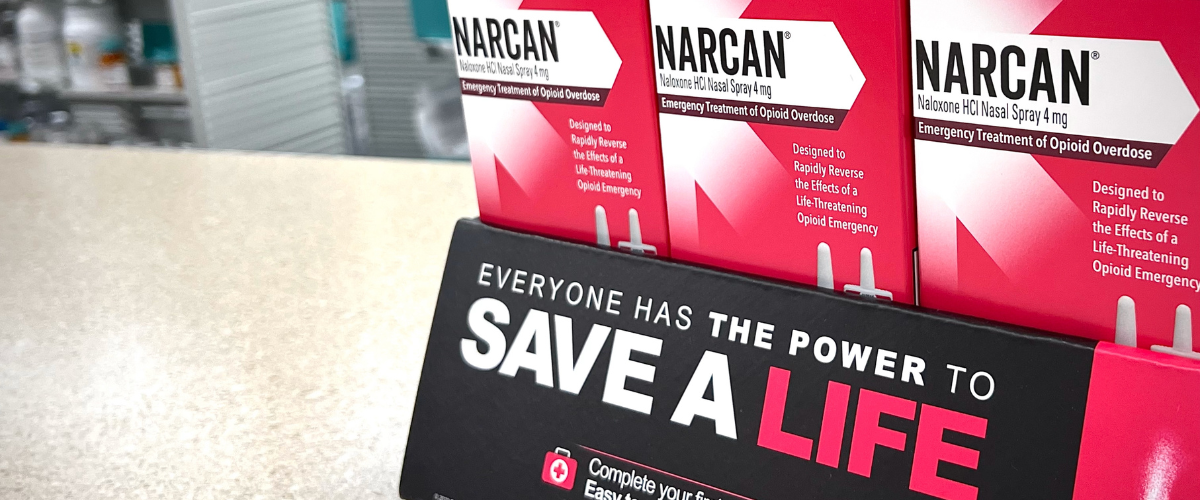November 14, 2024
By Samira Prasad
Today, the Government of Canada announced that MAP scientist Dr. Mikaela Gabriel has been awarded a Canada Research Chair in Indigenous Women’s and Two-Spirit Mental Health and Homelessness.
“This Canada Research Chair means a lot to me both professionally and personally,” shared Dr. Gabriel. “Mental health and housing are so intertwined, and it is really important for them to be understood and addressed together.”
Dr. Gabriel’s research explores Indigenous health and wellbeing, urban cultural connection, and housing transitions for Indigenous Peoples in Canada. Her primary focus area is the promotion of positive cultural identity, strength, and healing through traditional knowledge and cultural support. As an Indigenous researcher, Dr. Gabriel also prioritizes the integration of ceremony and culture when it comes to mental health and housing.
“Bringing these elements together can create a holistic healing journey,” said Dr. Gabriel.
As a practicing clinical and counselling psychologist, Dr. Gabriel has provided mental health care across inpatient, outpatient and community mental health treatment settings, and currently works supporting Indigenous urban mental health treatment in Toronto.
“I look forward to continuing to examine the intersection of the needs and lived realities of Indigenous women and Two-Spirit people when it comes to housing and health,” says Dr. Gabriel. “I particularly want to understand how to make mental health care safe for these communities to navigate, and create the tools to support them in doing so.”
While all gender identities are represented among the unhoused Indigenous population across cities in Canada, Indigenous women and Two-Spirit peoples experience further barriers due to complex health needs, systemic discrimination, and sexual violence. Many have negative experiences with mental health care services and supports, and some endure violence and abuse in order to remain housed. Dr. Gabriel’s work looks to change these experiences, and she ensures her research reflects the community’s priorities and what she learns in her clinical practice.
“This research chair allows me to focus on investigating the issues and identifying the solutions that really work, which is the first step to ensuring Indigenous women and Two-Spirit people across Canada can access culturally safe healthcare, as well as safe homes without the risk of violence and abuse,” said Dr. Gabriel.
MAP is now home to nine Canada Research Chairs total:
- Dr. Gillian Booth: Canada Research Chair in Policy Solutions for Diabetes Prevention and Management
- Dr. Ann Burchell: Canada Research Chair in Sexually Transmitted Infection Prevention
- Dr. Mikaela Gabriel: Canada Research Chair in Indigenous Women & Two-Spirit Mental Health & Homelessness
- Dr. Tara Gomes: Canada Research Chair in Drug Policy Research & Evaluation
- Dr. Stephen Hwang: Canada Research Chair in Homelessness, Housing, & Health
- Dr. Sharmistha Mishra: Canada Research Chair in Mathematical Modeling and Program Science
- Dr. Patricia O’Campo: Canada Research Chair in Population Health Intervention Research
- Dr. Nav Persaud: Canada Research Chair in Health Justice
- Dr. Darrell Tan: Canada Research Chair in HIV Prevention & STI Research




